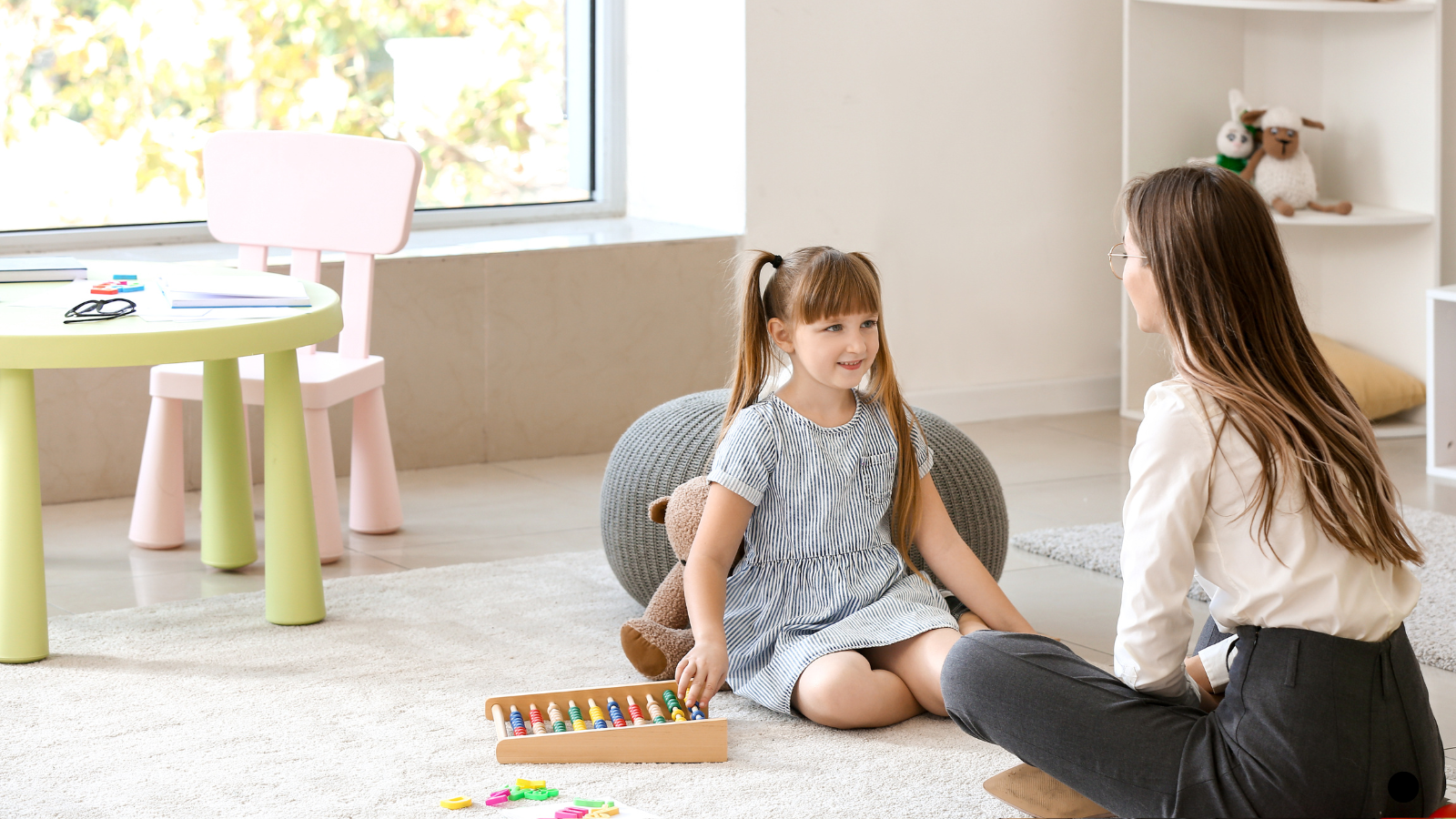SLPs must diagnose Developmental Language Disorder (DLD) when the criteria are met – regardless of their personal discomfort
The big picture:
Some speech-language pathologists (SLPs) are reluctant to diagnose developmental language disorder (DLD) even when a child meets the criteria because ‘disorder’ is a medical term with negative connotations or because supports may not be available. With respect, it’s not their decision to make.
Why it matters:
Early, clear, consistent, and evidence-based diagnoses of DLD can:
- help families find trustworthy information (see below);
- help children and families find support communities, e.g. through DLD family networks;
- unlock access to funding and supports, e.g. at school;
- help teachers make evidence-based adjustments for inclusion, learning and participation;
- offer protections under disability rights legislation;
- help fight stereotypes, bias, low expectations, and stigmatising labels like ‘stupid’ or ‘lazy’;
- help children and families talk openly about both developmental impairments and strengths, including during transition periods; and
- help raise general awareness of DLD, its prevalence, and the need for increased research funding.
Zoom in:
Reframing DLD as a ‘delay’ or ‘difference’:
- makes it harder for some families to get information and help when they need it;
- ignores evidence that, for many, DLD is lifelong, with significant social, language, education, vocational, and mental health challenges that can persist into adulthood; and
- masks how common it is – ~7% of children may have DLD at school entry – with knock-on effects to services, funding and research.
Go deeper:
As with diagnoses of autism and ADHD, a DLD diagnosis:
- does not mean SLPs and families must adopt a medical model for intervention; and
- is not inconsistent with psychosocial, participation, ICF, family-centred, strengths-based, or neurodiversity-affirming models of disability or support.
Bottom line:
Labels matter. People with DLD, including children, have the right to know their diagnosis, what it means, and how to access evidence-based information and practical help.
What people choose to do with their DLD diagnosis at different stages of life – including around disclosure, self-identification, advocacy, and goals for adjustments or interventions – are decisions for them. Not their SLP.
Read more:
Hobson, H.M., Toseeb, U. & Gibson, J.L. (2024) Developmental language disorder and neurodiversity: Surfacing contradictions, tensions and unanswered questions. International Journal of Language & Communication Disorders, 59, 1505–1516. https://doi.org/10.1111/1460-6984.13009 (Open Access)
Information for families:
RADLD (Raising Awareness of Developmental Language Disorder)
Developmental Language Disorder (DLD): A free guide for families
This article also appears in a recent issue of Banter Booster, our weekly round up of the best speech pathology ideas and practice tips for busy speech pathologists, speech pathology students and others.
Sign up to receive Banter Booster in your inbox each week:

Hi there, I’m David Kinnane.
Principal Speech Pathologist, Banter Speech & Language
Our talented team of certified practising speech pathologists provide unhurried, personalised and evidence-based speech pathology care to children and adults in the Inner West of Sydney and beyond, both in our clinic and via telehealth.
















